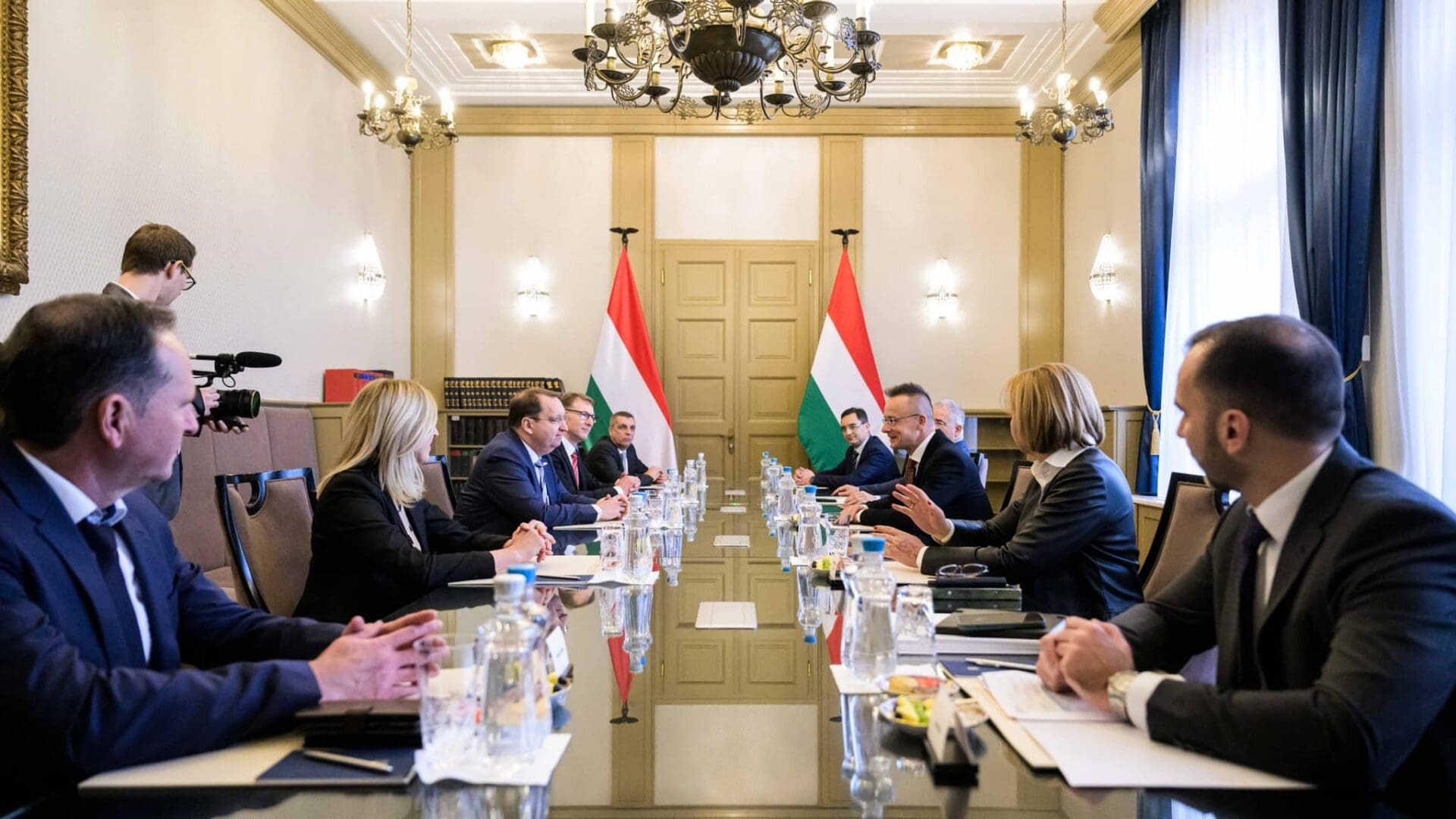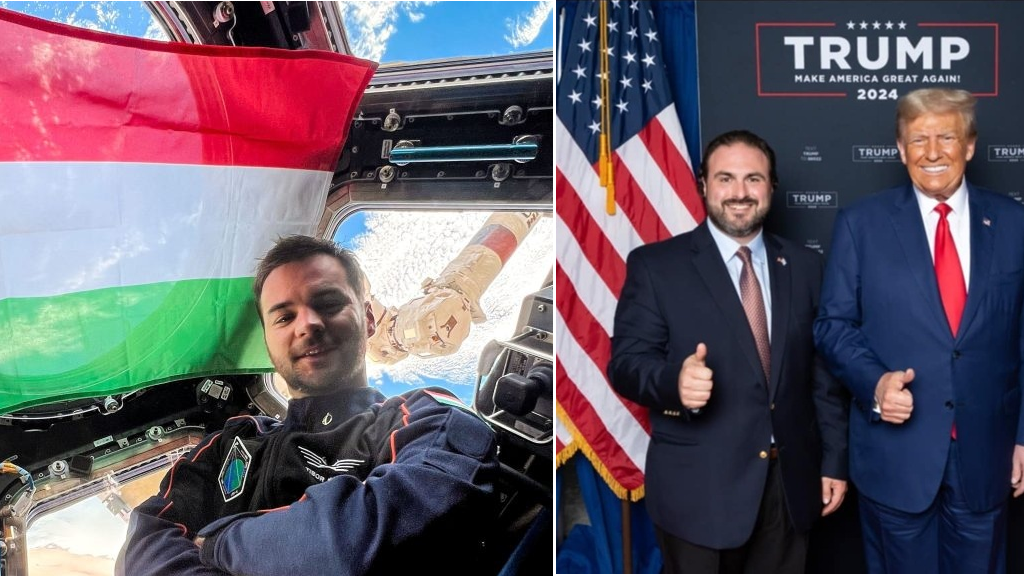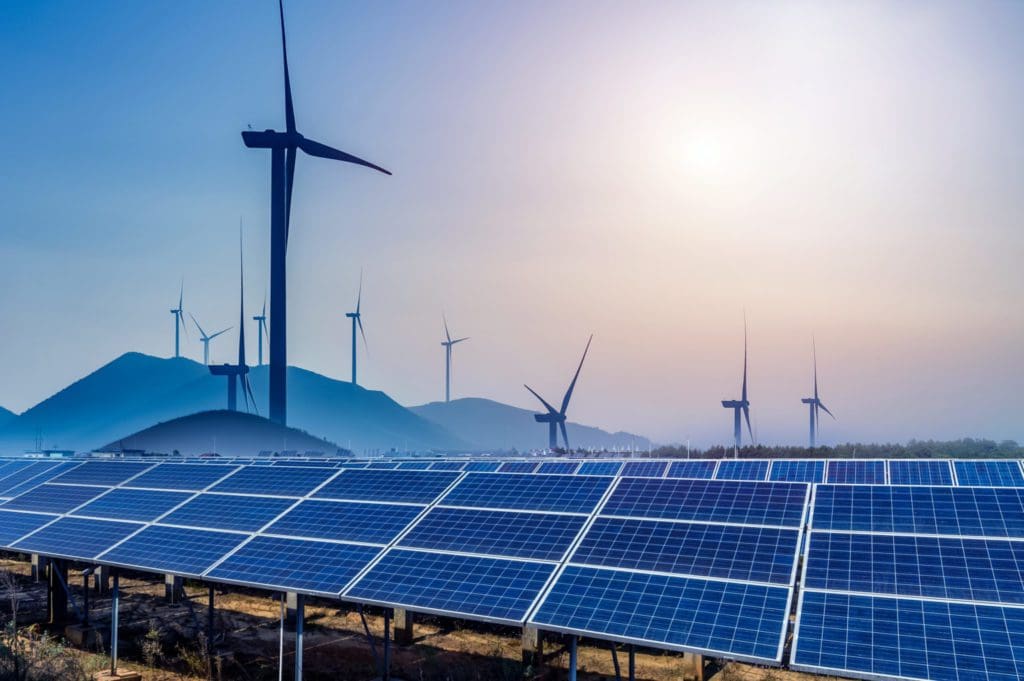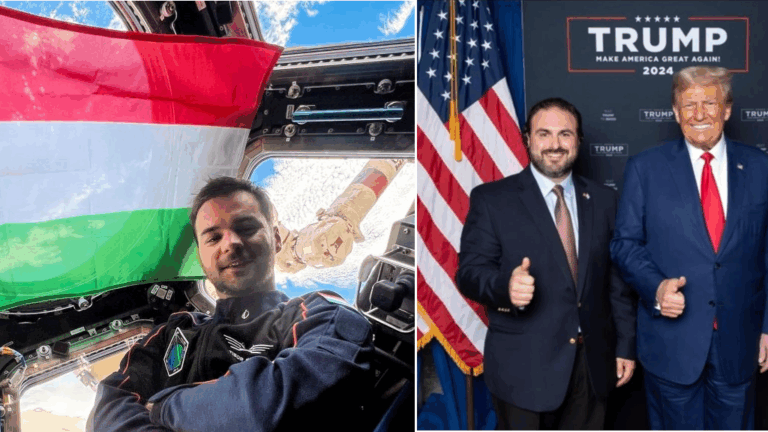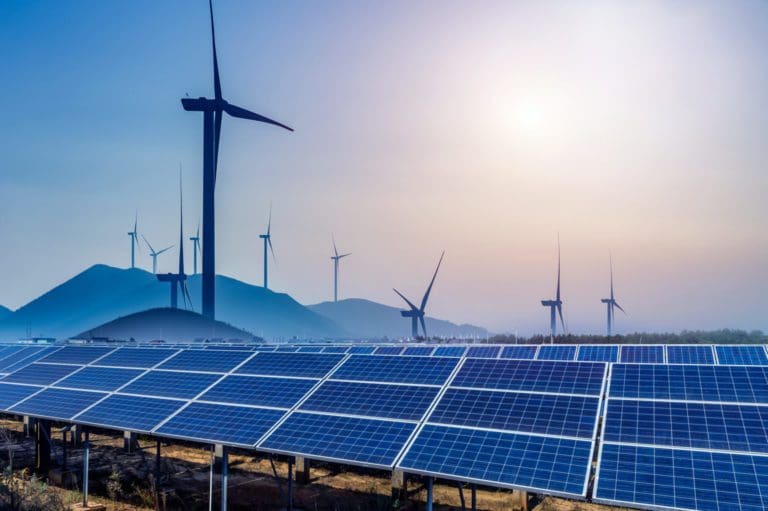German automotive supplier ZF is set to create over 300 new jobs in Kecskemét and Debrecen through a HUF 24 billion investment, as announced by Péter Szijjártó, Hungary’s Minister of Foreign Affairs and Trade, in Budapest on Friday.
According to a statement from the ministry, Minister Szijjártó conveyed that the German-owned ZF Chassis Modules Hungary Ltd will manufacture shock absorbers, as well as front and rear axles for electric cars produced from 2025 at the BMW plant in Debrecen and the Mercedes plant in Kecskemét. The project’s value is HUF 24 billion, with the state providing HUF 2.4 billion in support, thereby
facilitating the creation of 313 new jobs in the two cities at the company that already employs nearly two thousand people in Hungary.
He highlighted that the construction of BMW and Mercedes factories has attracted numerous German supplier investments to Hungary, emphasizing that there is fierce international competition for similar developments, as evidenced by the case of ZF, present in thirty-two locations worldwide.
He stated that this investment decision also demonstrates the elevated significance of Hungary’s stability in the current uncertain situation, as it ensures the prerequisites for economic growth. ‘To achieve this, three types of security are necessary, and I would like to respectfully announce, while reassuring our investors, that we can guarantee all three aspects of security in Hungary,’ he communicated. Szijjártó first mentioned physical security, deeming it a significant achievement that Hungary has so far managed to stay out of the neighbouring war and that border protection remains robust. Subsequently, he addressed energy security, stating that the supply is not under threat, as the government views this issue not ideologically, but as a physical matter. Additionally, gas storage facilities are full, a new nuclear power plant is under construction, and network interconnections with neighbouring countries have been established.
He also touched upon economic security, emphasizing the need for continuous investments, as creating more jobs allows for overcoming challenges sooner. In this regard, he praised Hungarian economic successes, recalling that despite crises in recent years, records were broken in investment, exports, and employment in 2022, with expectations of further substantial peaks this year.
He emphasized the significant role played by the automotive industry in this success story,
stating that Hungary is at the forefront of the industry’s electric transition, a rarity for a country of our size in technological revolutions. ‘We are 95th in the world in terms of population, and yet we can be leaders in the technological revolution that fundamentally shapes the future of the European and global economy,’ he declared.
He informed that Hungary has been among the world’s top twenty largest automotive exporters since 2018, with the sector’s production value reaching HUF 12 trillion last year, registering an 18 per cent expansion so far this year. The minister welcomed the continuous influx of German investments into Hungary and, more importantly, the ongoing decisions for development made by already present companies. ‘This, on the one hand, signifies that our goal to make the Hungarian investment incentive system the best in Europe has been successful, and on the other hand, it means that German companies stand on the ground of common sense, making decisions prudently based on their own experiences, not on newspaper articles or political coercion,’ he articulated.
‘It is important to make this distinction when evaluating ourselves and the Hungarian–German relationship, which is, of course, occupies a very prominent position in Hungary’s foreign relations,’ Minister Szijjártó said.
Related articles:
Sources: Hungarian Conservative/KKM/MTI

